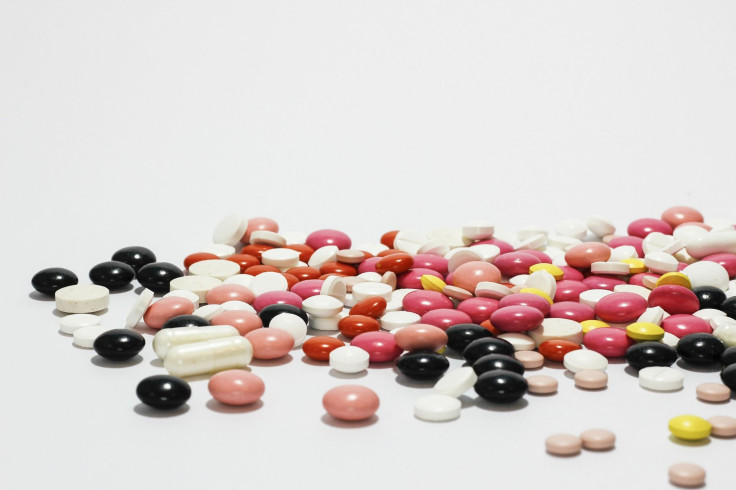Battling Superbugs: New Study Finds That Modifying Antibiotics Could Help Destroy Treatment-Resistant Bacteria

Scientists may have found a way to tackle antibiotic-resistant superbugs. A new study from the University College London revealed that antibiotics can kill resistant bacteria if they try hard enough.
Published in Nature, the study monitored how four types of antibiotics fought against bacteria cells, including those susceptible and resistant to treatment. Dr. Joseph Ndieyira, lead author, and his team found that while antibiotics all reacted similarly to susceptible bacteria, their fight against resistant bacteria was vastly different.
Antibiotics work in different ways, but as Ndieyira explains, they all latch onto the surface in order to kill bacteria. "Antibiotics have 'keys' that fit 'locks' on bacterial cell surfaces, allowing them to latch on,” says Ndieyira in a statement. “When a bacterium becomes resistant to a drug, it effectively changes the locks so the key won't fit any more.”
However, certain antibiotics push through, forcing the lock open and killing the bacteria. “In fact, some of them were so strong they tore the door off its hinges, killing the bacteria instantly,” he explained of the findings.
These researchers found that one of these super-strength antibiotics was actually a modification of another drug. Oritavancin, a medication used to treat skin infections, proved more powerful than the antibiotic it originated from — Vancomycin, which is prescribed as a last resort option to treat MRSA and other infections.
"We found that oritavancin pressed into resistant bacteria with a force 11,000 times stronger than vancomycin," says Ndieyira. He says that while oritavancin has the same “key” as vancomycin, it was more effective and actually tore holes in the bacteria.
Read: Avian Flu 2017 Latest Risk: With Upsurge In Human Cases Of A(H7N9), The Health Signs To Know
This new development explains how antibiotics, and modified versions of the drugs, behave at the surface of bacteria cells, which can be used to screen new antibiotics. Ndieyira’s team developed a mathematical model to examine future medications.
"Our findings will help us not only to design new antibiotics but also to modify existing ones to overcome resistance," says Dr Ndieyira. "Oritavancin is just a modified version of vancomycin, and now we know how these modifications work we can do similar things with other antibiotics.”
Superbugs have become a major concern in the medical community. Last month, a Nevada woman died from an incurable infection that resisted 26 different antibiotics. Around the same time, a report found that one treatment-resistant bacteria was spreading rapidly through hospitals in the United States.
See Also:
Why Synthetic Cannabinoids Are A Dangerous Marijuana Alternative



























